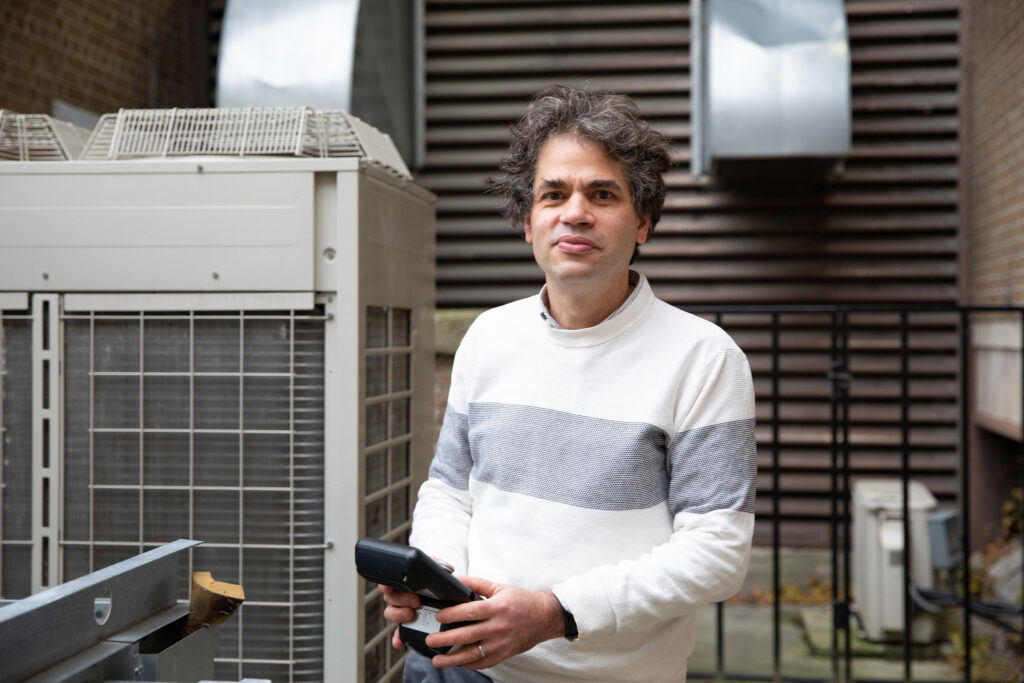
In January 2022, the Centre for Global Engineering (CGEN) inaugurated the Global Engineering Seed (GESeed), a fund which aims to support community-engaged, socially-impactful engineering research. Through Round 1 of this fund, the Centre has provided funding to six multidisciplinary projects which engage nine faculty across the University and eight external collaborators. CivMin’s Prof. Jeffrey Siegel is part of a project team receiving Round 1 funding.
Cleaner Air for an Indigenous Community Heavily Impacted by Energy Development
Principal Investigator: Professor Jeff Brook
Co-Investigators: Greg Evans, Arthur Chan, Jeffrey Siegel
External Partners: Fort McKay First Nation Sustainability Department, AUG Signals Ltd.
Fort McKay, AB, is a First Nation and Metis community surrounded by oil sands development. Air quality is a major concern for all stakeholders. Despite improvements for some pollutants, the community suffers from odours and dust accumulation. These are the ‘visible’ tip of the iceberg in regards to environmental health concerns. Ongoing bitumen extraction, including nearby growth of surface mining, means prospects for a return to the air quality they once knew are small. Scientific evidence is needed to support community driven initiatives towards continual improvement. Specifically, the community is planning to retrofit all homes and buildings with air cleaning technologies. However, there are critical questions regarding the efficacy of this approach in reducing exposures and how it can be designed to have the greatest benefit. All stakeholders recognize that air cleaning is not the ideal solution, but a necessary alternative.
This project will help the community evaluate the effectiveness through measurements in the outdoor and indoor air before, during and after pilot installations. The goal is to ensure the investments are effective and that optimal operation parameters of the systems are determined early on as the effort is scaled-up. Moreover, climate change related forest fires will increasingly put many rural/remote first nations communities at risk of poor air quality, and indoor air cleaning is increasingly being recognized as a necessary adaptation measure. Thus, the lessons learned in Fort McKay will have benefits across many communities in Canada.
See all the other Round 1 Funded Projects
and read the feature story by Engineering News